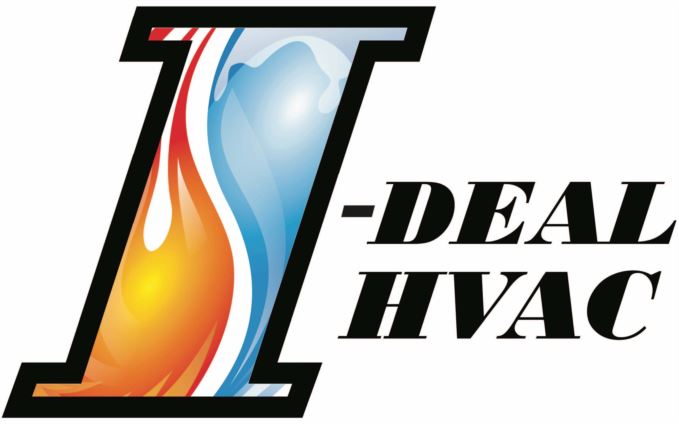
Ever done a double take when you viewed your last energy bill? Even though high energy bills can be the end result of intense weather conditions, repeatedly high bills can also signify an inefficient HVAC system or your home is using too much energy because of other means, like drafty windows or inadequate insulation.
An easy way to identify whether your home is using too much energy is by hiring a home service specialist to perform a home energy audit, also called a home energy assessment. Keep reading to learn all about home energy audits, including what they are and their advantages.
What Is a Home Energy Audit?
An energy audit is a custom inspection of how much energy your home uses up and whether – and where – your home might be losing or wasting energy. An inspector will take a look at older energy bills during an energy audit to find out where energy is being wasted and how much.
The ultimate goal of an energy audit is to help homeowners save money on their energy bills by recommending energy-efficient renovations, which can include replacing your current HVAC system, adding new insulation, closing up leaks, or replacing old windows.
While completing the energy assessment, the auditor also completes an inspection of the outside and inside of your home. The auditor completes a blower door test on doorways, windows and fireplaces to figure out if there are air leaks in your home. They’ll also evaluate your home’s HVAC system, as well as the ductwork, the water heater, and the insulation in your attic. Comprehensive assessments may also include reviewing your current lighting system.
Benefits of a Home Energy Audit
It can be hard for the typical homeowner to know for certain how efficient their home is in comparison to other similar homes in their area. However, many energy companies often supply information about where your home stands in comparison to similar homes and whether it’s more efficient, about average, or inefficient in contrast with your neighbors’ homes. This is a great starting point to determine if you need an energy audit completed.
A few of the benefits of a home energy audit include:
Recognizing How Efficient Your Home Is
It’s good to know how efficient your home is and where you’re using the most energy. For example, if your ducts are damaged, it could cause a large increase in your energy bills and additional wear and tear on your HVAC system since it has to run longer to fully heat or cool your home.
Making Energy-Efficient Updates
An energy audit should reveal where you need to make energy-efficient upgrades to conserve energy and decrease utility bills. This might include replacing worn weatherstripping or getting a new energy-efficient furnace.
Enhancing Health and Safety
Permitting air to slip into your home through doors and windows, or as a result of a lack of insulation can cause excessive moisture to appear, which can negatively influence your home’s humidity levels or produce mold. This can cause health issues, especially for people suffering from asthma or allergies.
Adding to Your Home’s Retail Value
Energy-efficient homes are preferred by homebuyers. You can sell your home more quickly or for more money by telling potential buyers that it’s energy efficient.
How to Perform an Energy Audit of Your Home
Although performing an energy audit on your own might not be as detailed as choosing a professional, it’ll offer a broad idea of how energy efficient your home is. If you don’t find any issues during the DIY test, then you probably don’t need to hire a professional. Follow this step-by-step checklist:
- Review your HVAC system. Broken ducts can lose nearly 20% of conditioned air, leading to more expensive energy bills and increased strain on HVAC equipment. If you notice leaks, use duct tape to eliminate them. If your HVAC equipment is old and inefficient, upgrading to a new system can save you a significant amount on your energy bills. In some cases, it might be better to call a reputable HVAC company to inspect your system.
- Check for air leaks. Air leaks on average can increase your energy bills by 10 to 20%. Inside, look for air leaks in areas where you can find a draft, including along the edge of flooring and close to baseboards and electrical outlets. Outside, you can inspect for air leaks along the home’s foundation, siding and mortar. Plug, caulk or seal any air leaks to save money.
- Inspect insulation. If your home is older, it could mean your insulation is too. If you can see the joists, you likely need more insulation.
- Check the ventilation. Check that all of your kitchen and bathroom exhaust fans are functioning properly, and check for evidence of rot or moisture.
Contact I-Deal HVAC for a Professional Energy Audit
If you would like professional help figuring out how energy efficient your heating and cooling equipment is, contact the HVAC experts at I-Deal HVAC today. We’ve proudly served the residents of Albuquerque with quality home services for a long time. Contact us today to schedule an appointment.
